By Sandra Guilfoyle, MS, LPC, NCC
Primary Therapist
Over the last nine years working with clients with substance use issues, I kept hearing over and over, “I don’t like the 12 Steps. I don’t have a Higher Power, it doesn’t make sense.” Once a client made up his or her mind that he or she would not be involved with the 12 Steps, the options grew very limited for other types of recovery tools. I could relate to an extent and recalled from my own early recovery how meditation saved my life. I began teaching mindfulness and meditation to help clients connect with themselves and learn tools like compassion, forgiveness, generosity, and service to others.
A few years ago, I heard about a Buddhist teacher named Noah Levine, a former addict and punk rocker adorned with tattoos who teaches meditation to addicts based on the Buddhist teachings of the Four Noble Truths and the Eightfold Path. I was curious and wanted to find out more; I bought his book, “Refuge Recovery.”
Refuge Recovery is a practice, a process, a set of tools, and a path to healing addiction and the suffering caused by addiction. The main inspiration and guiding philosophy for the Refuge Recovery program are the teachings of Siddhartha (Sid) Gautama, a man who lived in India twenty-five hundred years ago. Sid was a radical psychologist and a spiritual revolutionary. Through his own efforts and practices, he sought to understand why human beings experience suffering. He referred to the root cause of suffering as “uncontrollable thirst or repetitive craving.” Sid came to understand and experience a way of living that ended all forms of suffering through a practice and process that includes meditation, wise actions, and compassion. After freeing himself from the suffering caused by craving, Sid spent the rest of his life teaching others how to live a life of well-being and freedom, a life free from suffering.
Refuge Recovery focuses on continuing Sid’s work, allowing the opportunity to connect with oneself and practice healthy behaviors of service, mindfulness, and compassion to others while using meditation, generosity, forgiveness, and peace to stay sober.
Sierra Tucson offers weekly Refuge Recovery meetings for all residents, as suffering can be related to addiction, mood, trauma, disordered eating, and chronic pain. A typical meeting opens with introductions, the Refuge Recovery preamble, a short meditation, and readings from the Four Noble Truths and Eightfold Path, followed by a discussion of how and what action can help us accept and move toward having more awareness, building a community, and finding support for healing.
About Sandra Guilfoyle, MS, LPC, NBCC
Sandra Guilfoyle’s experience in substance abuse began at age 15 when she started attending Alateen—and later Al-Anon—to learn coping skills around family members using substances. After a successful career in the symphony orchestra field for 15 years, she received her Master of Science in Clinical Counseling from the University of Phoenix, Tucson Campus. Sandra went on to community mental health, where she treated a broad range of mental health disorders, deepening her understanding of multifaceted needs of clients. She went on to work at the Tucson Center for Psychotherapy and then moved to Ohio for family reasons. She holds a Licensed Professional Counselor license in Ohio, where she had a private practice specializing in substance abuse, LGBTQ, adolescents, and women’s issues. She also worked at Legacy Freedom Treatment Center, a holistic 90-day intensive outpatient program. She uses an integrated and holistic approach in her work, drawing from mindfulness, dialectical behavioral therapy (DBT), person-centered therapy (PCT), transpersonal psychology, cognitive behavioral therapy (CBT), and family systems theory, as well as her personal study of meditation. Sandra believes in a person’s innate ability to grow, transform, and heal when he/she has the tools and feels safe to explore the deepest parts of himself/herself.












